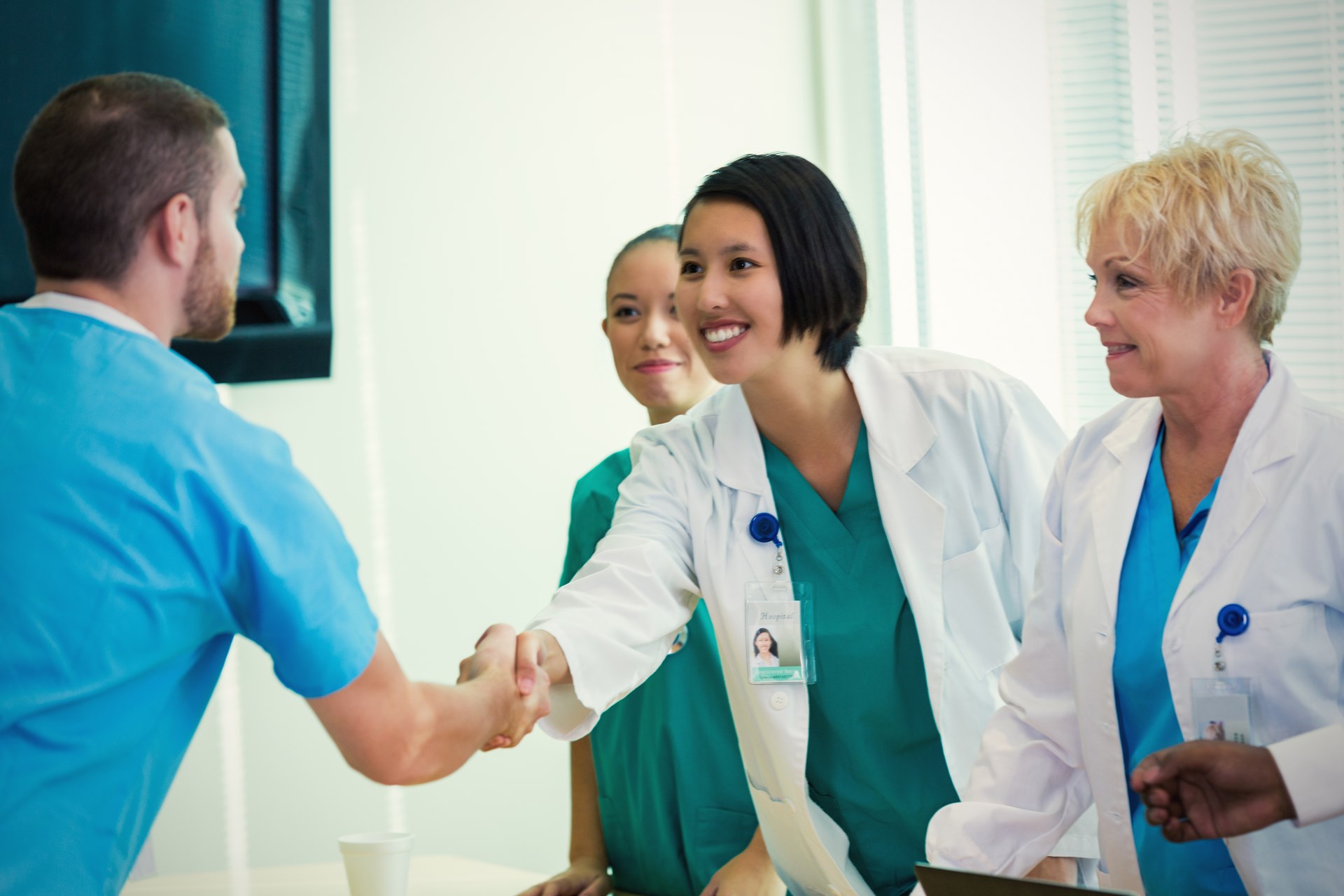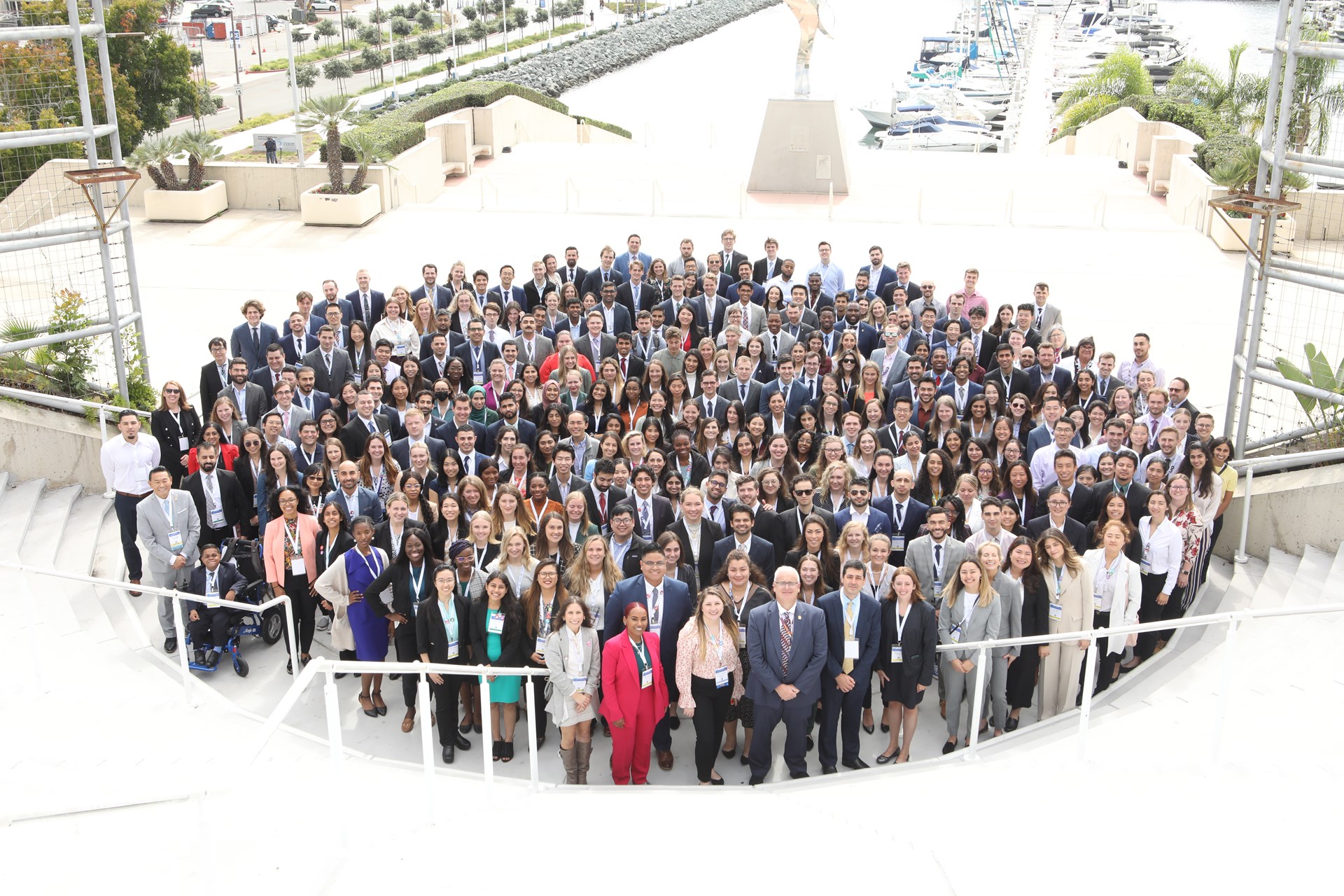ACS President E. Christopher Ellison, MD, FACS, MAMSE, met with colleagues from the College’s Japan Chapter during the recent Japan Surgical Society Meeting in Tokyo. He provided the following report about his experience:
From April 26 to April 29, 2023, I visited Tokyo, Japan, and participated in meetings of the Japan Chapter of the ACS and the Japan Surgical Society (JSS). My hosts from the Chapter were Norihiro Kokudo, MD, PhD, FACS, and Kiyoshi Hasegawa, MD, PhD, FACS.
I was impressed with the engagement of the Japan ACS Chapter. The chapter has 520 members, of which 433 identify as general surgeons and 493 are male. Surgery in Japan is a male-dominated specialty; however, there are an increasing number of women surgeons and an interest in expanding that number in the future. To this point, the person assigned as my guide on various tours was Nami Yamashita, MD, PhD, a general and breast surgeon. She completed a postdoctoral research fellowship at Dana Farber Cancer Institute in Boston, Massachusetts.
With my hosts, I visited Kamakura, which was the de facto capital of Japan from 1185 to 1333 as the seat of the Kamakura shogunate and became the nation's most populous settlement during the Kamakura period. The Kamakura period was marked by a gradual shift in power from the nobility to landowning military men in the provinces. This era was a time of dramatic transformation in the politics, society, and culture of Japan.
I also visited the site of Edo Castle. Edo Castle was continually expanded and rebuilt over the centuries but was severely damaged by fires between the 17th and 19th centuries. The complex is currently the Tokyo Imperial Palace. The Edo period refers to the years from 1603 until 1868 when the Tokugawa family ruled Japan. The era is named after the city of Edo, modern-day Tokyo, where the Tokugawa shogunate had its government. It is also sometimes referred to as the early modern period because it was at this time that many of the characteristics of modern Japanese society were formed.
According to my discussions, the main issues facing surgeons in Japan include variable reimbursement and a resulting shortage of surgeons. The JSS is a robust organization with more than 40,000 members. This year’s president, Takao Ohki, MD, PhD, is a vascular surgeon, and his theme for the meeting was “Higher and Further Together.” My hosts were Masaki Mori, MD, FACS, and Norihiko Ikeda MD, PhD.
This meeting, which was the first in-person meeting since the pandemic, was well attended. During the 3-day meeting, there were more than 3,000 scientific papers, many featuring the work of trainees. The quality of the basic and clinical science was exceptional. Sessions on robotic surgical outcomes were very popular and well attended. The focus on quality outcomes was clear, and there is renewed enthusiasm to incorporate NSQIP. I ended my visit with a tour of Keio University School of Medicine and University Hospital provided by Masashi Takeuchi, MD, PhD.
I am extremely grateful for the opportunity to visit Japan and the kindness and hospitality of my hosts. No matter where I visit, I am always impressed by the commitment of our fellows to the ACS mission and values.
E. Christopher Ellison, MD, FACS, MAMSE
ACS President












